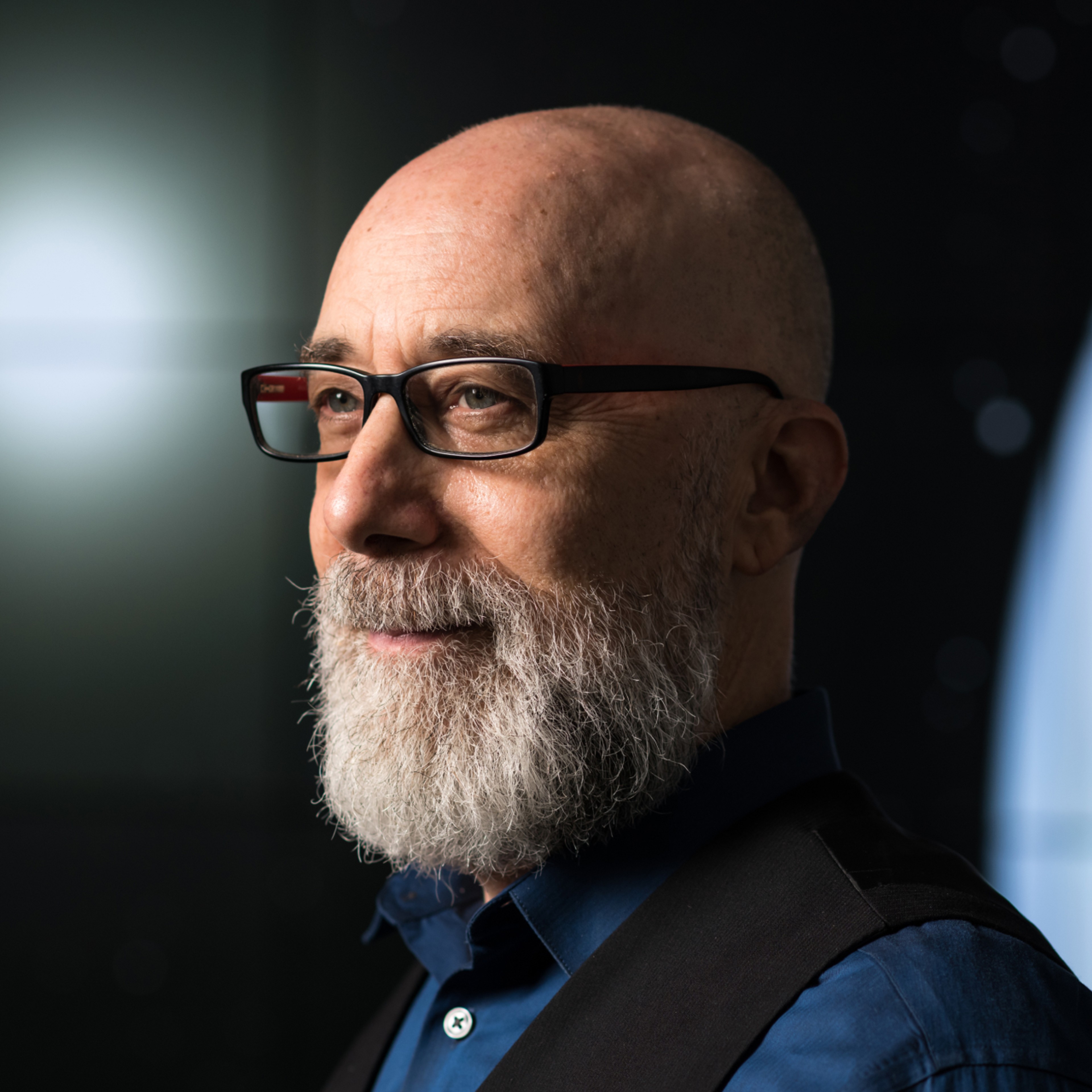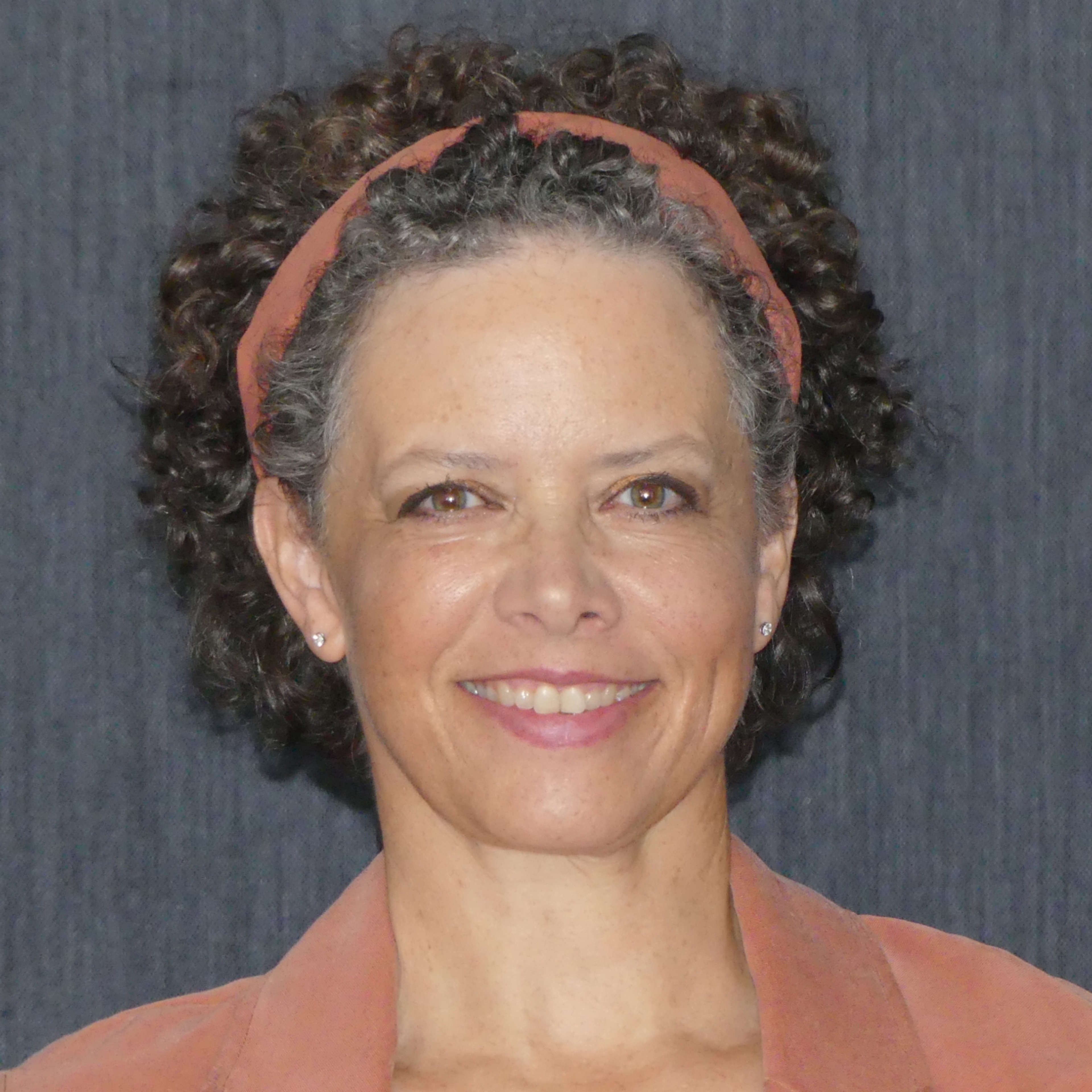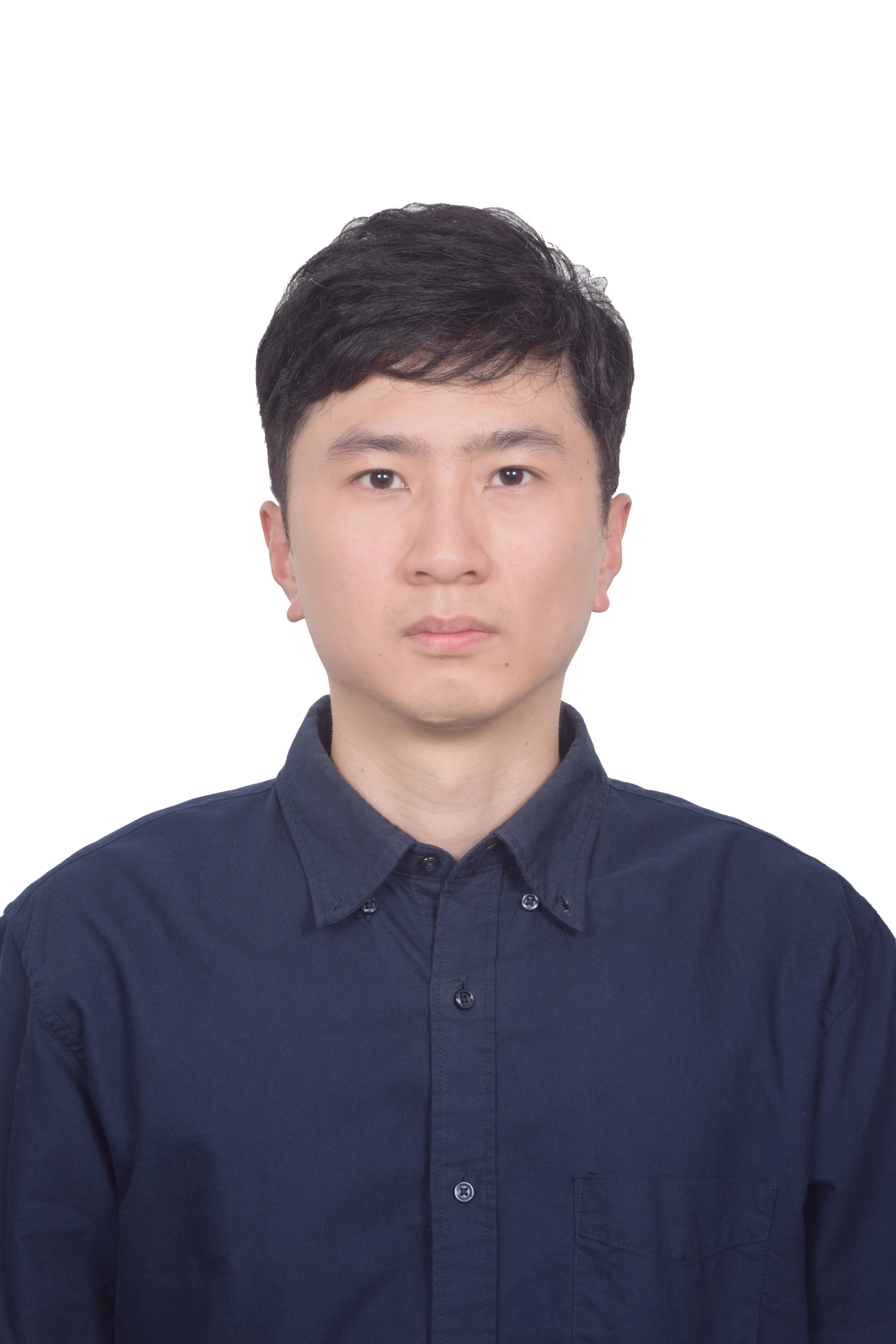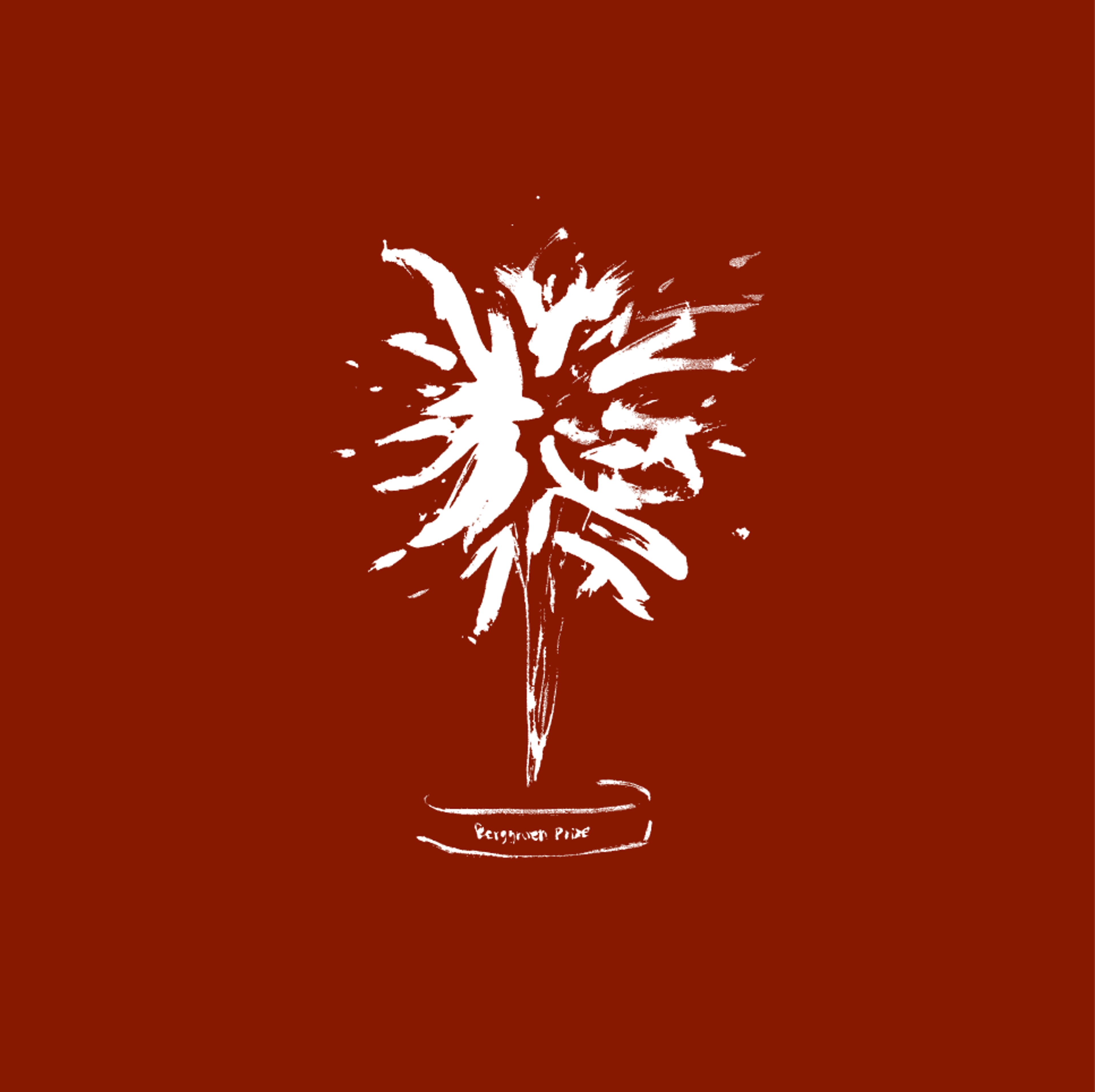The Berggruen Prize Essay Competition seeks to stimulate new thinking and innovative concepts while embracing cross-cultural perspectives across fields, disciplines, and geographies. By posing fundamental philosophical questions of significance for both contemporary life and for the future, the competition will serve as a complement to the Berggruen Prize for Philosophy & Culture, which recognizes major lifetime achievements in advancing ideas that have shaped the world.
2024 Essay Competition Winners
Announcement
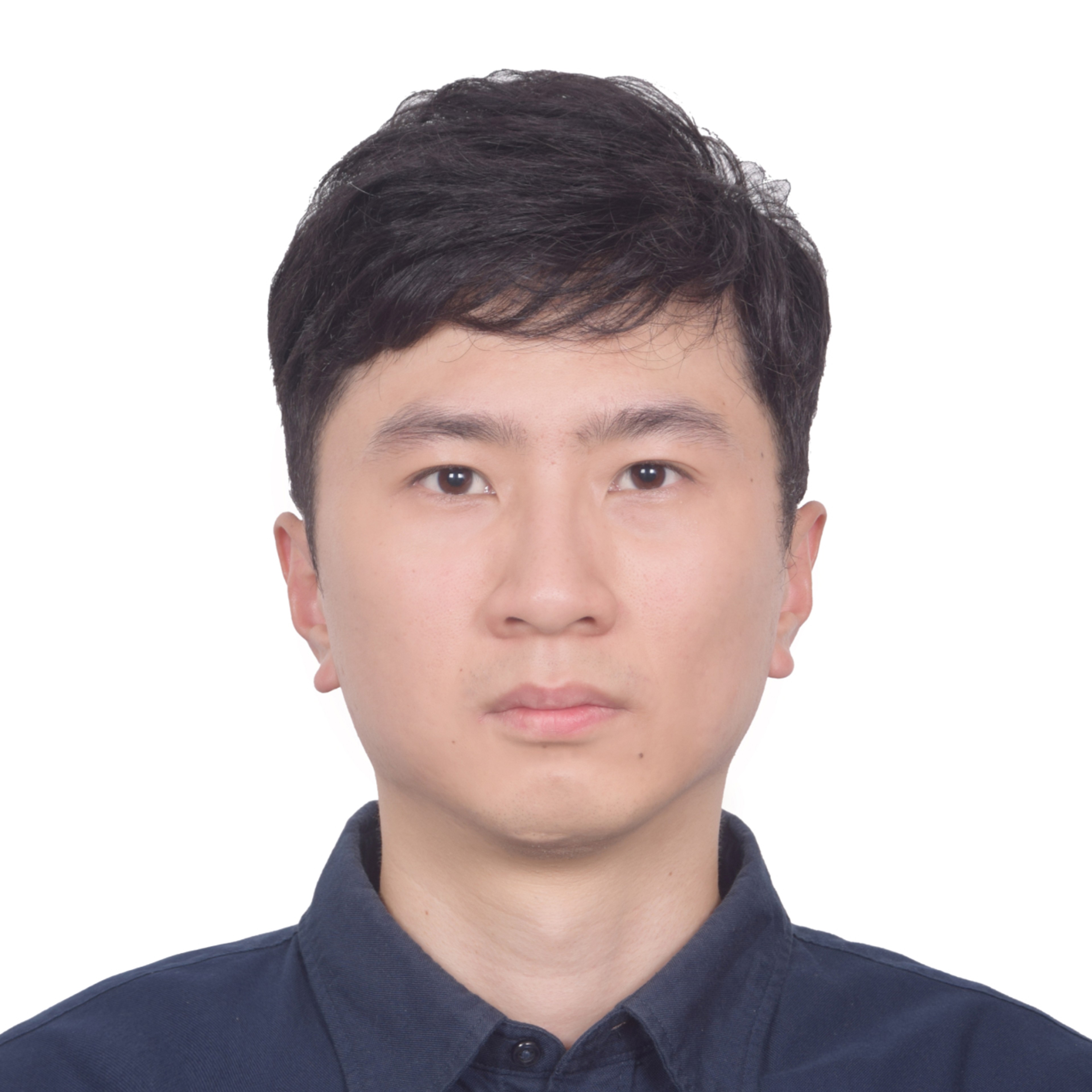
Yichao Lin
Essay in Chinese:
行星机制及其概念开显

Yingjin Xu
Essay in Chinese:
儒家视域中的行星级数字化生活——一种基于小数据主义的解决思路
Essay in English:
How to Digitalize Confucianism on a Planetary Scale
Here is Berggruen Institute Founder Nicolas Berggruen speaking about the significance of the Berggruen Prize Essay Competition:
As well as Berggruen Institute President Dawn Nakagawa:
The inspiration for the competition originates from the role essays have played in the past, including the essay contest held by the Académie de Dijon. In 1750, Jean-Jacques Rousseau's essay Discourse on the Arts and Sciences, also known as The First Discourse, won and notably marked the onset of his prominence as a profoundly influential thinker. Similarly, our competition aspires to create a platform for groundbreaking ideas and intellectual innovation.
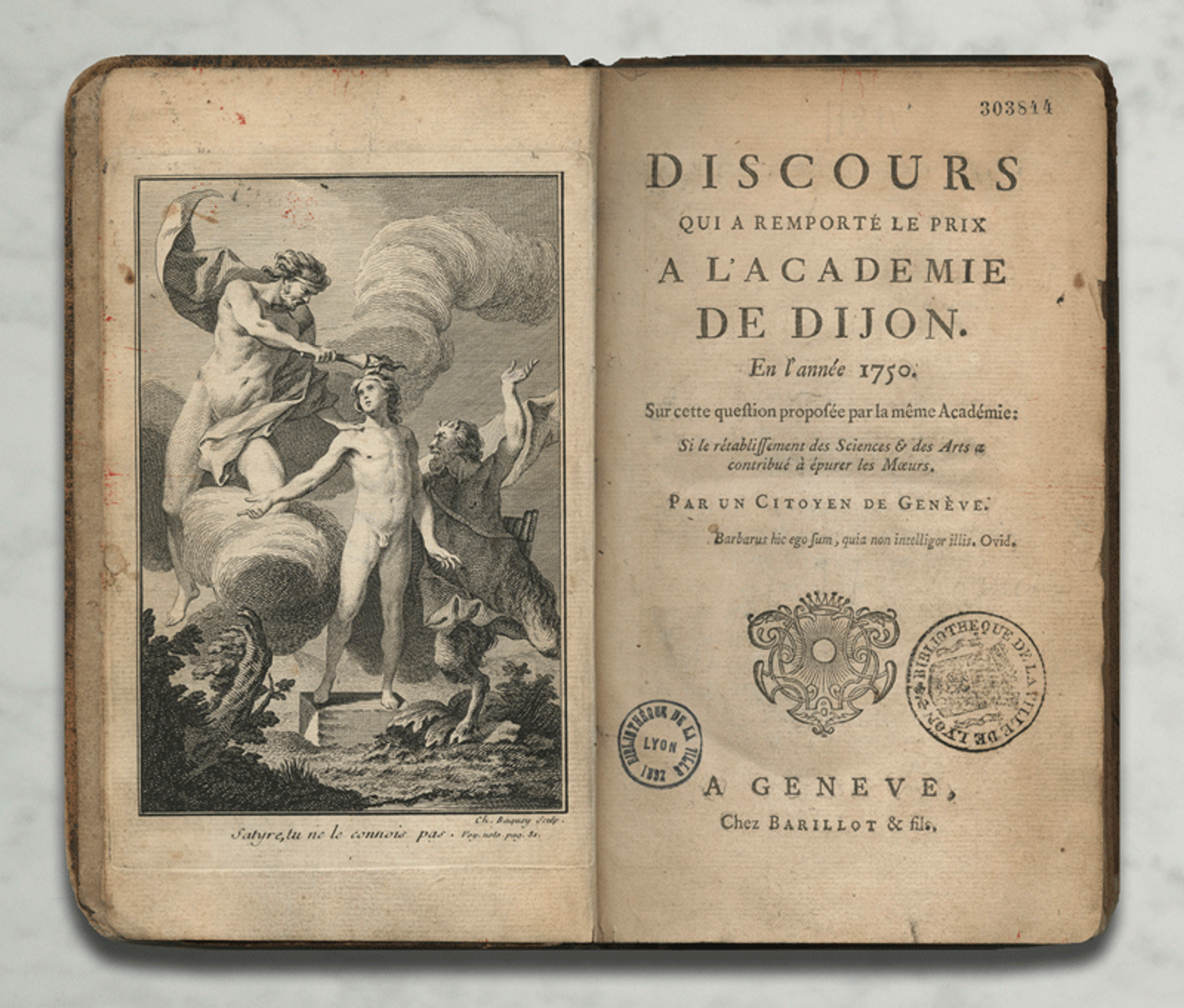
The annual Berggruen Prize Essay Competition will accept submissions in two languages: Chinese and English. Each language category will have a prize of $25,000 USD and intends to recognize one winner, though there may be multiple winners in any given year.
The Berggruen Institute will host an award ceremony and convene the authors of the winning essays in dialogue with established scholars and thinkers at one of our global centers. We plan to publish the winning essays in our award-winning English-language magazine Noema and Chinese-language magazine Cuiling, giving readers insight into perspectives of both East and West.
We are inviting essays that follow in the tradition of renowned thinkers such as Rousseau, Michel de Montaigne, and Ralph Waldo Emerson. Submissions should present novel ideas and be clearly argued in compelling ways for intellectually serious readers. We are not seeking peer-reviewed academic work. Below is a selection of exemplary essays that epitomize the genre and style we look for. While some of these pieces are authored by already distinguished thinkers, we have chosen them primarily for their exceptional embodiment of genre and style.
- Chomsky, N. (1967). The responsibility of intellectuals. The New York Review of Books.
- Frankfurt, H. G. (1971). Freedom of the will and the concept of a person. Journal of Philosophy, 68(1), 5-20.
- Fukuyama, F. (1989). The end of history? The National Interest, 16, 3–18.
- Huntington, S. P. (1993). The clash of civilizations? Foreign Affairs, 72(3), 22-49.
- Nagel, T. (1974). What is it like to be a bat? The Philosophical Review, 83(4), 435-450.
- Sontag, S. (1966). Against interpretation. In Against Interpretation and Other Essays (pp. 3-14). Farrar, Straus & Giroux.
- Walker, S. (2023). AI is life. Noema Magazine.
- Zadeh, J. (2021). The tyranny of time. Noema Magazine.

Sign up to receive Essay Competition updates
Required fields are marked with *
Advisory Panel
- Lucas Angioni
- Roger Ames
- Arjun Appadurai
- Julian Baggini
- Tongdong Bai
- Rajeev Bhargava
- Annabel Brett
- Craig Calhoun
- Dipesh Chakrabarty
- Ruth Chang
- Xia Chen
- Lesong Cheng
- Weiwen Duan
- Robyn Eckersley
- Sam Fleischacker
- Christia Fotini
- Gan Chunsong
- Rebecca Newberger Goldstein
- Jun Gong
- Pico Iyer
- Asher Jiang
- Michèle Lamont
- Meira Levinson
- Chenyang Li
- Chuang Liu
- Qiaoying Lu
- Jianhua Mei
- Pankaj Mishra
- Viren Murthy
- Thierry Ngosso
- Huw Price
- Mathias Risse
- Emma Ruttkamp-Bloem
- Vladimir Safatle
- Allison Simmons
- Smita Sirker
- Xiangchen Sun
- Sigridur Thorgeirsdottir
- Samantha Vice
- Robin R. Wang
- Tianyue Wu
- Yiwen Zhan
- Jiji Zhang
- Dingxin Zhao
- Zhao Tingyang

